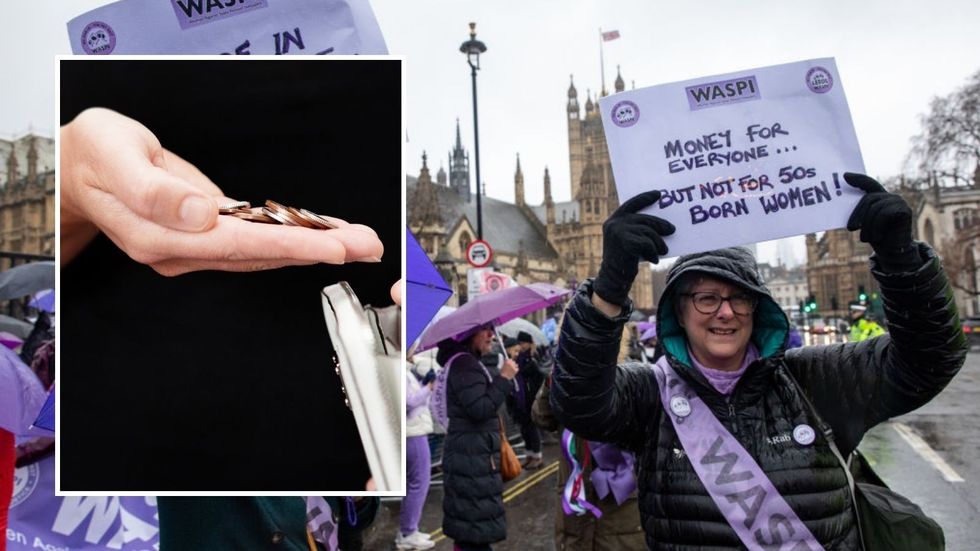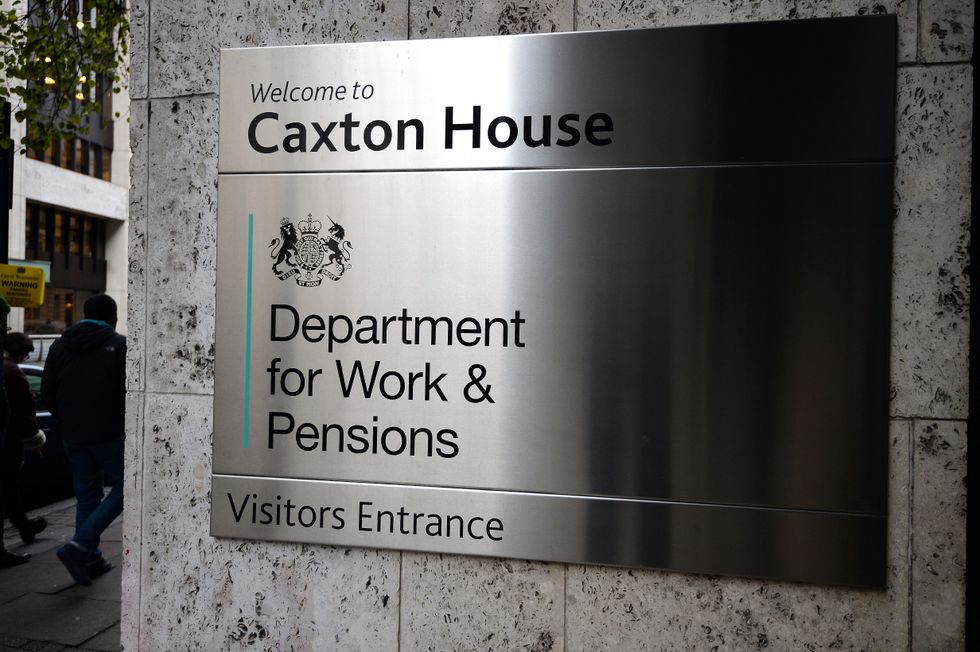The WASPI campaign have successfully lobbied for compensation after historic state pension changes but how much will women be entitled to?
Don't Miss
Most Read
Trending on GB News
Thousands of women hit by historic state pension changes should be paid compensation due to injustices resulting from changes to the retirement age, a report has ruled.
The Parliamentary and Health Service Ombudsman (PHSO) found the Department for Work and Pensions (DWP) guilty of “maladministration” over its treatment of WASPI women and recommended they pay thousands of affected women compensation.
However, the report warned the DWP could make its own decision over what the “appropriate remedy” should be to address this injustice.
How much is the recommended compensation?
The ombudsman’s second report recommended that the Government pay out a “level four” amount of compensation.
This means women impacted by the state pension age changes should get a payout of between £1,000 and £2,950 each.
Experts estimate that paying compensation to all women born in the 1950s could cost the Government between £3.5billion and £10.5billion.
WASPI campaigners have urged policymakers to put forward a “level six” amount of compensation which would award £10,000 to those affected.
Do you have a money story you’d like to share? Get in touch by emailing money@gbnews.uk.

The WASPI campaign has lobbied for compensation for those affected
GETTY
Reacting to the PHSO’s decision, vice-chair of the State Pension Inequality for Women APPG Rebecca Long-Bailey MP said: “So many of these women have been plunged into poverty in the years since that outrageous decision.
“These women were betrayed. Too many have already died waiting for justice.
“The UK Government must right this historic wrong, and go beyond the recommendations of the Parliamentary and Health Service Ombudsman and deliver fair compensation to these women as a matter of urgency.”
A DWP spokesperson told GB News: “We will consider the Ombudsman’s report and respond in due course, having cooperated fully throughout this investigation.
“The Government has always been committed to supporting all pensioners in a sustainable way that gives them a dignified retirement whilst also being fair to them and taxpayers.
“The state pension is the foundation of income in retirement and will remain so as we deliver a further 8.5 per cent rise in April which will increase the state pension for 12 million pensioners by £900.”
Who are WASPI women?
Some 3.6 million women born between April 6, 1950 and April 5, 1960 were left financially worse-off after the equalisation of the state pension age between men and women.
They were not adequately informed of the changes regarding when they would be able to claim their full retirement entitlement, according to the PHSO’s report.
Those affected expected to claim their state pension at 60 but found out they would have to wait for years longer. Many had already left the workforce or were working reduced hours before finding out.
Since 2015, the Women Against State Pension Inequality (WASPI) campaign has lobbied for compensation for those impacted by this oversight.
LATEST DEVELOPMENTS:
 The DWP was found to have carried out by "maladministration" in its handling of pension changes PA
The DWP was found to have carried out by "maladministration" in its handling of pension changes PAWhy did the state pension age change?
Up until 2010, women in the UK could receive their state pension from 60, while men could claim their payments from 65.
With the Pensions Act 1995, the age threshold for women was increased from 60 to 65 gradually between April 2010 and 2020.
Following the Pensions Act 2011, the rate of this hike was accelerated so the state pension age would reach this level by December 2018. Currently, the age threshold is 66 for both men and women.
In the PHSO’s initial report in 2021, the DWP was found to have “failed to act promptly” in informing millions of women of those changes.









